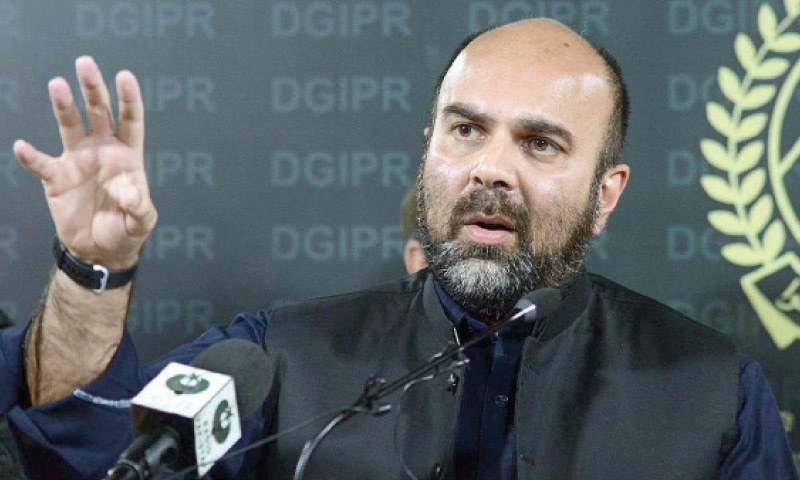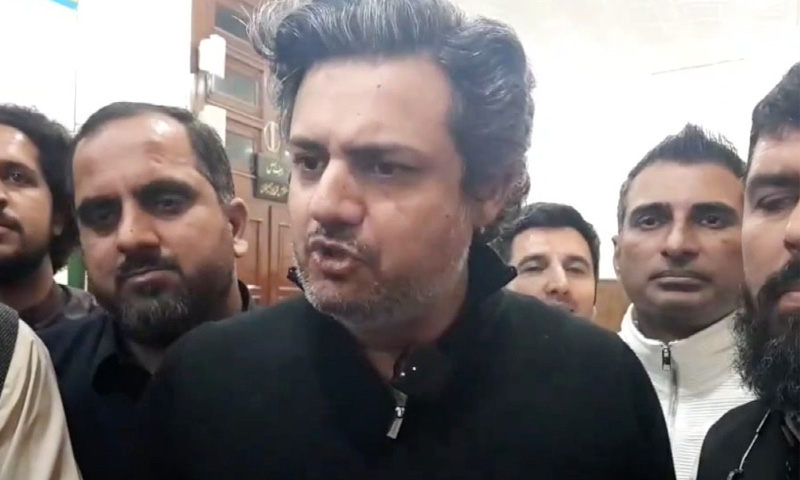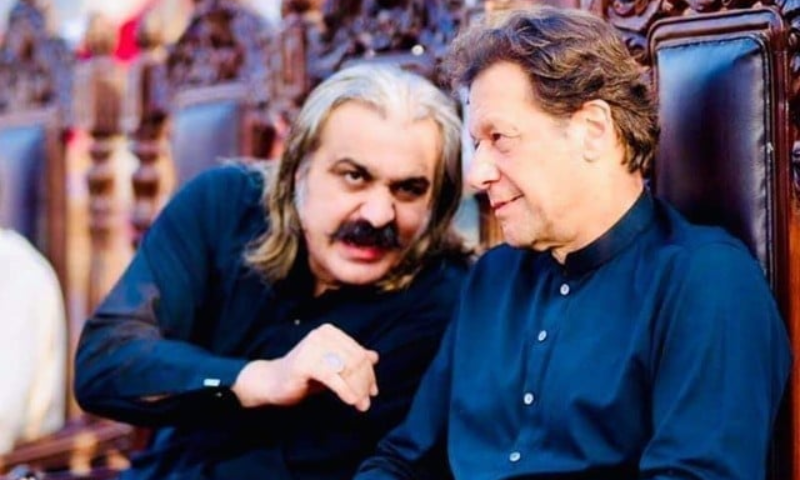- Web Desk
- Yesterday

SC stops trial of civilians in military courts
-
- Web Desk
- Jul 21, 2023

Islamabad: Chief Justice of Pakistan (CJP) Umar Ata Bandial said on Friday that the trial of those involved in May 9 incidents cannot be initiated in military courts without the approval of the Supreme Court.
A six-member bench, headed by CJP Bandial and comprising Justice Ijazul Ahsan, Justice Yahya Afridi, Justice Munib Akhtar, Justice Mazahar Ali Akbar Naqvi, and Justice Ayesha Malik took up pleas challenging the trial of May 9 riots accused in military courts.
Latif Khosa, the counsel for petitioner Aitzaz Ahsan, said that the current situation in the country was similar to that of former military dictator Zia ul Haq’s era.
The CJP said “if a martial law-like situation arises, we will intervene”.
During the hearing, judges inquired from Attorney General Mansoor Awan about the federal government’s stance on the right of appeal during military trial.
Mansoor Awan sought one month time for providing clear guidelines on the matter.
Justice Mazahar Ali Akbar Naqvi inquired from the AG how a criteria for trying individuals in military courts could be determined?
Responding to this, Awan said after careful consideration only 102 individuals have been earmarked to be tried in military courts.
Reading out Section 2(1) of Army Act 2015, the AG said trials of offenses under it would be held in military courts.
Justice Naqvi said Army Act 2015 primarily deals with terrorist groups. AG countered by suggesting there is also a mention of individuals in the Act.
“Is Army Act outside ambit of fundamental human rights?, asked Justice Yahya Afridi. Mansoor Awan stated the Act does not account for fundamental human rights.
Rejecting a plea to issue an injunction against military courts, the apex court adjourned the proceeding sine dine.
Violent protests
The May 9 riots were a series of violent incidents that took place across Pakistan, following the arrest of Imran Khan from the Islamabad High Court premises on corruption charges.
Khan, who was ousted as prime minister in April 2020, has been campaigning for early elections and accusing the military of interfering in politics.
His supporters staged protests in several cities, some of which turned violent and attacked government and military facilities.
At least five people were killed and more than 5,000 were arrested in the clashes.
The government responded by imposing a mobile internet blockade and cracking down on PTI leaders, workers, and supporters, as well as media and legal professionals seen as sympathetic to their cause.
The government also initiated trials of 102 civilians in military courts under the Army Act 2015, which allows for trying individuals for offences related to terrorism and national security.
The government claims that it has proof of Khan’s involvement and accuses him of masterminding the riots.
Khan denies the charges and alleges that the incidents were a false flag operation designed by the Pakistani establishment to discredit him and his party.





